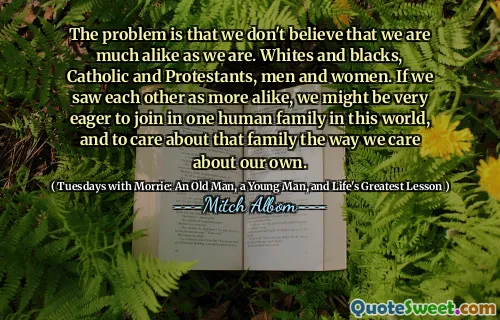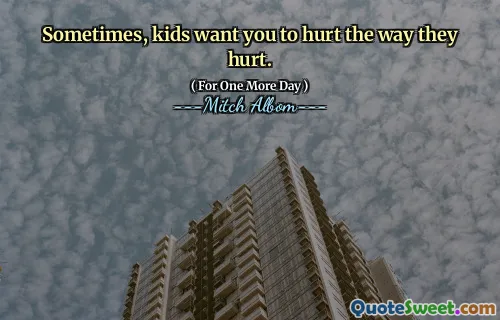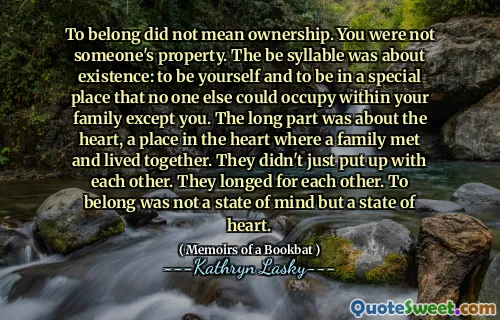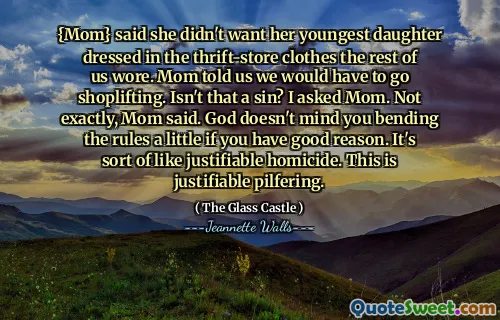When the wounded were screaming, you dreamed of sharing a little house somewhere, of an ordinary life, of a family line, connection. All around him, men were walking silently with their thoughts, reforming their lives, making resolutions. If I ever get out of this lot... They could never be counted, the dreamed-up children, mentally conceived on the walk into Dunkirk, and later made flesh.
The protagonist reflects on the contrast between the harsh realities of war and the comforting dreams of a peaceful future. Amidst the chaos and screams of the wounded, he grapples with his desire for a simple life, envisioning a shared home and family. This longing serves as an escape from the grim environment they are in, highlighting the stark divisions between violence and hope.
As the men around him silently process their circumstances, each contemplates their own aspirations and resolutions for after the war. The mention of the "dreamed-up children" symbolizes the potential futures they yearn for, representing not only personal desires but also a deeper connection to life and relationships that the brutality of war threatens to destroy.





